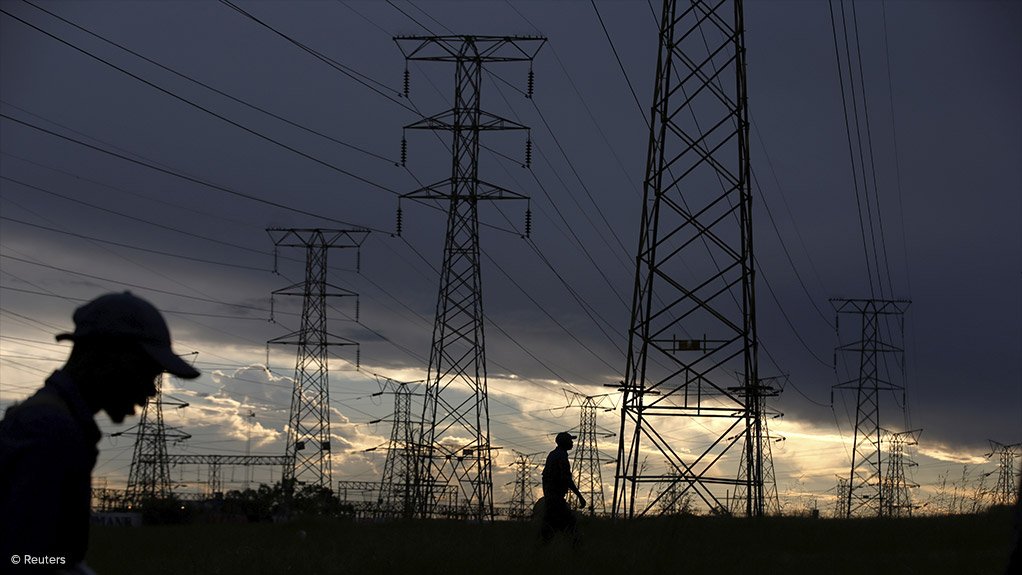/ MEDIA STATEMENT / The content on this page is not written by Polity.org.za, but is supplied by third parties. This content does not constitute news reporting by Polity.org.za.
“Over the past month, we have engaged with a number of internal and external stakeholders where the issue of electricity pricing has been a focal point. It is abundantly clear that the current situation is untenable, and we have undertaken to do a comprehensive review of electricity pricing and tariff structures….to ensure universal access to electricity for the poor, with sustainable, affordable and cost-reflective tariffs across the board.” – Samantha Graham-Maré, Deputy Minister of Energy and Electricity
In yet another welcome development on DA policy adoption by the Government of National Unity (GNU), the Minister of Energy and Electricity, Dr Kgosientsho Ramokgopa – together with his Deputy, Samantha Graham-Maré, announced that plans are now underway to review South Africa’s electricity pricing policy.
Over the years, the DA is the only party that has consistently made calls for the review of the electricity tariff structure to ensure that it is both cost-reflective and guarantees affordable electricity for consumers.
While the country has had over four months of uninterrupted power supply, the reality is that many households are increasingly finding themselves unable to afford the high electricity tariffs. With an electricity pricing policy that was designed with the Eskom monopoly in mind, the electricity tariff determinations by NERSA have consistently forced consumers to subsidise Eskom’s production inefficiencies through double-digit tariff increases.
According to the South Africa Reserve Bank, between 2007 and 2022, the average Eskom tariff increased by 450% while inflation increased by only 129% over the same period. What this means is that electricity tariffs have increased four-fold (or quadrupled) in real money terms in 14 years.
The Eskom monopoly has become inefficient, and the cost of that inefficiency is now being passed on to consumers. It does not help that the current electricity pricing policy is more biased towards setting tariffs that reward Eskom inefficiency while failing to balance this with consumer affordability.
For any new electricity pricing policy to succeed - the rationalisation of Eskom as a business, increasing the footprint of Independent Power Producers (IPPs) and allowing municipalities in good financial standing to generate their own electricity, should be a priority. The unbundling of Eskom and the introduction of the Electricity Regulation Amendment Bill, to remove the barriers to entering the energy market and make it easier for IPPs to participate in the energy sector, were all steps in the right direction.
Issued by Kevin Mileham MP - DA Spokesperson on Electricity and Energy
EMAIL THIS ARTICLE SAVE THIS ARTICLE ARTICLE ENQUIRY
To subscribe email subscriptions@creamermedia.co.za or click here
To advertise email advertising@creamermedia.co.za or click here











